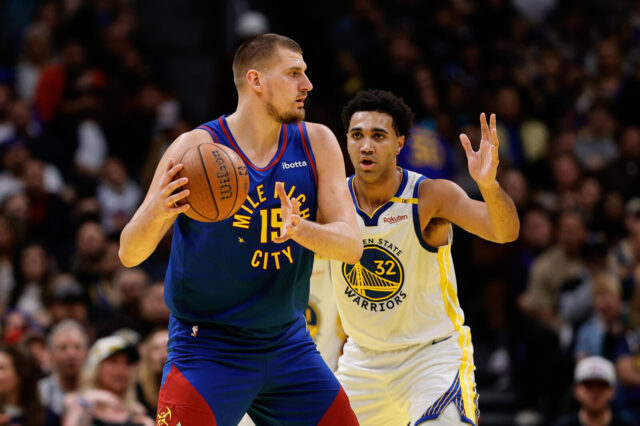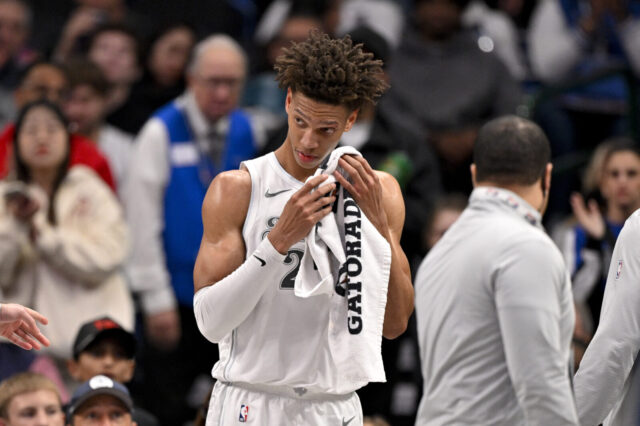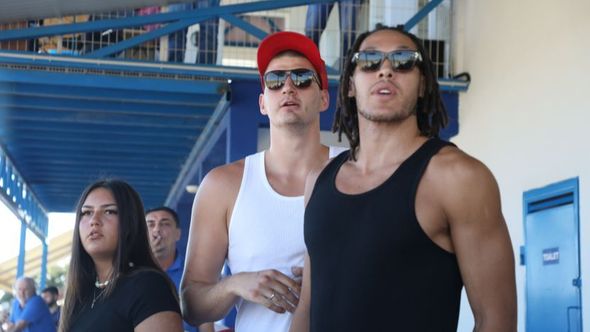Unless you’ve been under a rock for the last few days you’ve heard that former Denver Nuggets coach George Karl is releasing a tell-all book, Furious George, and has called out a few former Nuggets players including Kenyon Martin. In the book, coach Karl says:
“Kenyon and Carmelo carried two big burdens: all that money, and no father to show them how to act like a man.”
There’s no defending that comment. Karl has other incendiary quotes about players being selfish and hard to work with but with this quote, Karl crosses the line. And not just a little bit. It’s unfathomable why Karl would feel the need to speculate about Kenyon’s upbringing.
Today, just 24 hours after Frank Isola’s piece in the New York Daily News revealed the quote from the book, Kenyon Martin has fired back. In an article that he penned in The Player’s Tribune, Kenyon shares a bit about his upbringing and defends his mother, who he rightfully feels George Karl undermined by making that comment.
“But the thing that really bothered me is the mention of my childhood, and how I didn’t grow up with a father in my life. A lot of us guys who make it to the NBA come from a background like mine. It wasn’t an easy path for any of us. I hope people can see why it’s frustrating for someone to assume they know what my life was like or how my childhood did or didn’t shape me.”
“Nothing was given to me growing up. My mom raised me, and she worked hard as hell to support me.“
In addition to defending his mom, Kenyon also explains that he is a tough and emotional player. In his book, coach Karl hints that Kenyon was a fake tough guy. Kenyon tells stories about growing up in the projects of Dallas and the physical, sometimes violent form of basketball that he learned at an early age and how that shaped him into an aggressive and emotional basketball player.
“One incident I remember was when this guy Danny Boy, who was twentysomething years old, and my local league coach Leroy Phillips got in a fight. Danny Boy didn’t like the foul Coach Phillips called. They got into it, and the fight spilled over into the hallway. The next thing you knew, they had knocked over this massive Coke machine. We were all just standing there staring at a cracked vending machine lying on its side for like five or 10 seconds. Then someone said, “Check the ball,” and the game went on.”
The story is really interesting. Kenyon was one of my favorite Nuggets players of the 2000’s. I never got the impression that Kenyon was a fake tough guy. He played hard almost every game. He had plenty of attitude issues and was almost certainly difficult to work with on occassion – something that he himself admits in the article – but I never thought he was soft or didn’t give full effort on the court.
Kenyon provides the other side of the story and I suspect other former Nuggets players will share their opinions on coach Karl as well. If anything, it provides a lot of interesting context to one of the most interesting eras of Nuggets basketball in Denver. Unfortunately, that context appears to mostly be very negative.


